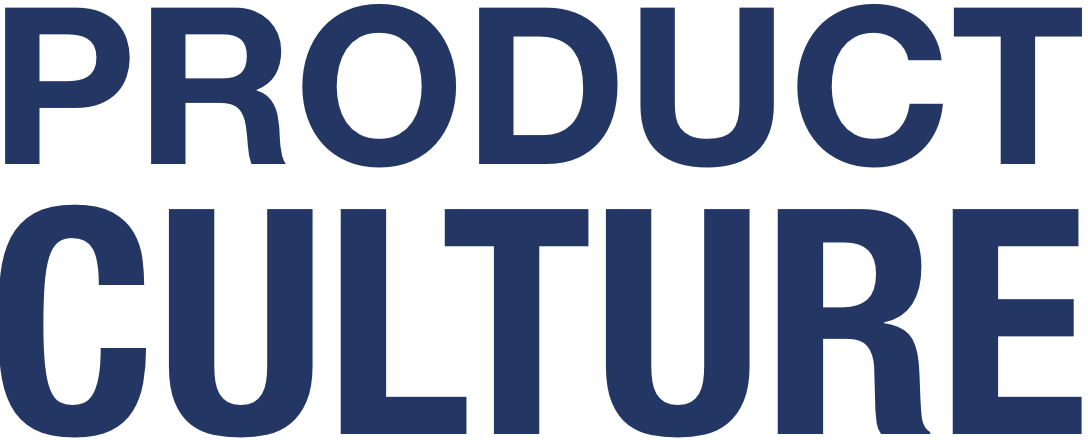In a lot of ways it was a terrific job
Bruce McCarthy
The pay was great, the benefits greater. I’d been promoted and I was gaining the respect of my peers in other departments. One conversation convinced me to leave, however, and join a company with a better culture -- a product culture.
I was talking with my boss’s boss’s boss about a proposal I’d made for a new product. I’d made similar proposals in previous jobs and some had led to multi-million-dollar successes. A couple of weeks had passed, however, and I’d heard nothing.
Product culture is an emergent property of organizations that focus on continually developing and delivering products of value to customers.
When I asked her about it, she said, “You have to understand, Bruce, we’re just not trying to be entrepreneurial here.” Wow.
But there was something missing at the core
I’d had concerns about the organization for a while. A lot of approvals were needed for decisions, the focus was more on financials than on customers, we had reorganized intofunctional silos, and the company was rapidly outsourcing every technical or operational function they could.
I wasn’t happy about any of this, but, as a career product person, that one statement crystallized for me that I was simply with the wrong company. The people there just didn’t value what I valued.
Product culture emerges when many functions come together with a shared mission to make any company successful by making customers successful in a scalable way.
I left that company to join what I called “a real software company.” I’ve since enjoyed some success working in or with many organizations of different sizes, in many industries, and in several countries. Through that work I’ve come to recognize certain characteristics of organizations with an extended track record of success.
Maybe it started with HP, or maybe with the 18th-century Enlightenment. I don’t know, but people in these organizations -- like Amazon, Google, Zappos, and Dollar Shave Club -- simply operate with a different mindset. I call that mindset product culture.
What is product culture?
Product culture is an emergent property of organizations that focus on continually developing and delivering products of value to customers. The term may have been coined by Marty Cagan in 2014. It is not a process itself, but informs process. It leans heavily on ideas and insights from Agile, Design Thinking, Lean, Jobs-to-Be-Done, Customer Centricity, and Innovation practices but is not limited to any one of them.
Product culture is also not limited to the function of product management, nor to the tech industry. It emerges when many functions come together with a shared mission to make any company successful by making customers successful in a scalable way. Here is my first cut at describing the principles underlying product culture.
The Five Principles of Product Culture
Customer-driven mission
Outcome over output or process
Leadership over management
Team over function
Technology is a core asset
The idea of "this over that" above indicates that product people share certain values, holding that they are more important than other (also legitimate) values.
I’ve started a weekly news bite (newsletters are too long and boring for busy product people) called ONE THING on Product Culture to share what I’m learning. One insight I had, one great article I read, one amazing person I met, one question I need your help with, one product job that needs someone awesome.
At any level -- engineers, marketers, testers, salespeople, designers, project managers, finance people, product managers, services, manufacturing -- we all have a role in product culture. I am looking for your help in refining and expanding upon these principles and practices.
I think we need a manifesto. Will you help?

